Basil (Ocimum basilicum) is a versatile and aromatic herb cherished worldwide for its culinary, medicinal, and ornamental uses. From the fragrant Genovese basil of Italy to the spicy Thai basil of Southeast Asia, this herb has found its place in diverse cuisines and cultures. But when it comes to global production, one country stands out as the largest producer of basil: India.
Introduction to Basil
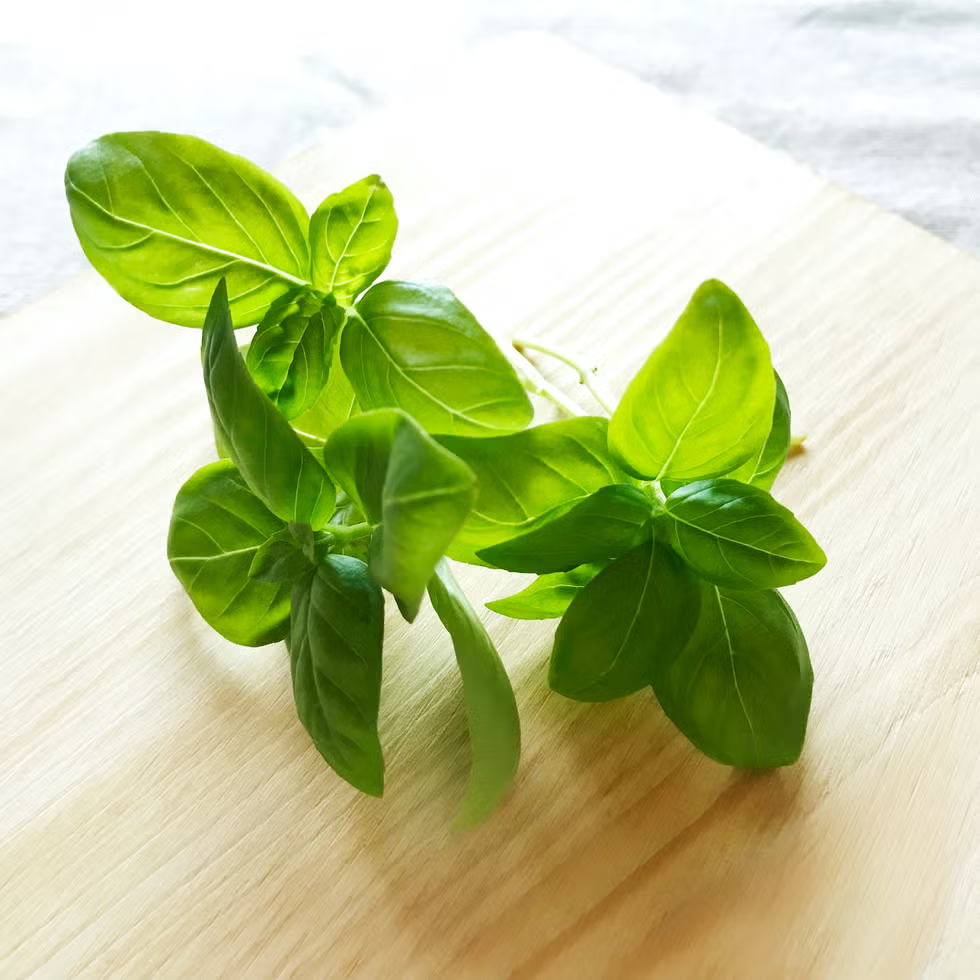
Basil is a member of the mint family (Lamiaceae) and is native to tropical regions stretching from Central Africa to Southeast Asia. It thrives in warm climates and is cultivated in various forms, including sweet basil, Thai basil, and holy basil (Ocimum tenuiflorum), each with distinct flavors and uses. Basil is not only a staple in kitchens but also holds cultural and religious significance in many societies.
India: The Global Leader in Basil Production
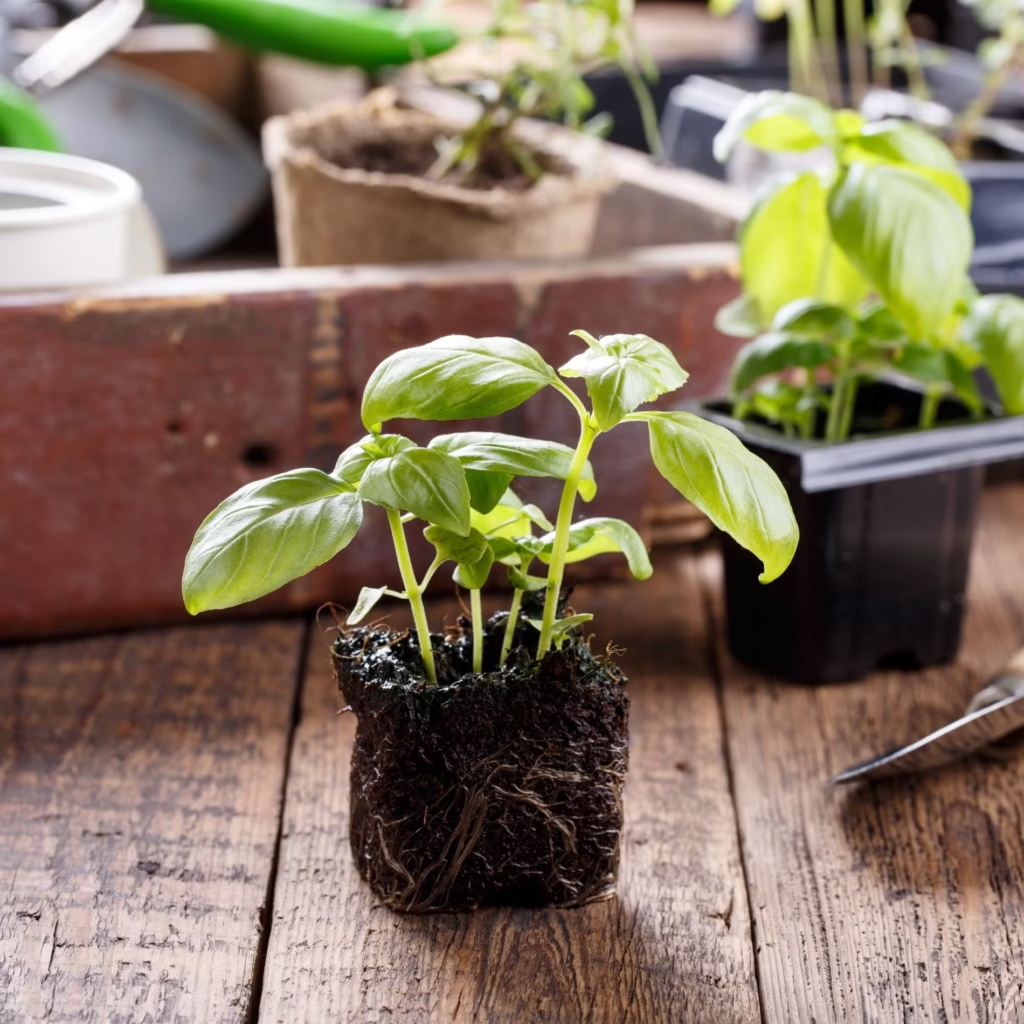
India leads the world in basil production, contributing over 60–70% of the global supply. The country’s favorable tropical climate, vast agricultural landscape, and deep-rooted cultural affinity with basil have propelled it to this dominant position.
Cultural and Religious Significance
In India, basil, particularly Tulsi (holy basil), is considered sacred and is worshipped in Hindu households. It is often planted in courtyards and temples, symbolizing purity and spiritual growth. This cultural reverence has fostered widespread cultivation across the country.
Agricultural Practices
Indian farmers employ traditional and modern agricultural practices to cultivate basil. The herb is grown in various regions, with states like Uttar Pradesh, Madhya Pradesh, and Tamil Nadu being prominent producers. The use of organic farming techniques and the integration of basil cultivation with other crops have contributed to its high yield.
Economic Impact
Basil cultivation supports the livelihoods of millions of farmers in India. The herb is not only consumed domestically but also exported to international markets. The essential oils extracted from basil are in demand in the pharmaceutical, cosmetic, and food industries, further boosting the country’s economy.
Other Notable Basil Producing Countries
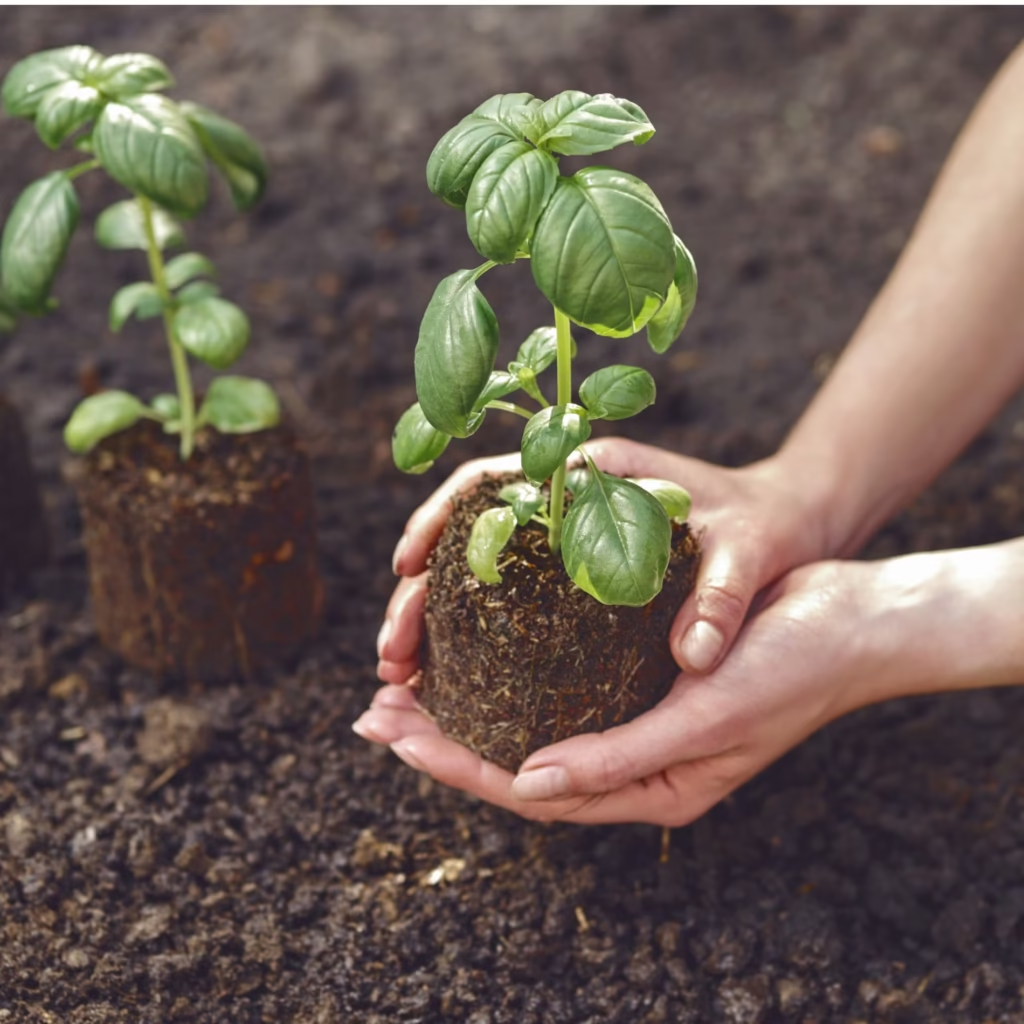
While India holds the top position, several other countries are significant producers of basil:
Indonesia
Indonesia’s tropical climate makes it an ideal environment for basil cultivation. The country produces a variety of basil types, including sweet basil and Thai basil, which are integral to Indonesian cuisine. Basil is grown both for domestic consumption and export, with regions like West Java and Bali being notable production areas.
Egypt
Egypt has emerged as a major basil producer, particularly known for its high-quality basil leaves and seeds. The country’s agricultural sector benefits from the fertile Nile Delta, where basil is cultivated extensively. Egypt exports basil to various international markets, including Europe and the Middle East.
Thailand
Thailand is renowned for its unique variety of basil, known as Thai basil (Ocimum basilicum var. thyrsiflora). This variety is characterized by its spicy, anise-like flavor and is a staple in Thai cuisine. Basil is grown throughout the country, with significant production in regions like Chiang Mai and Chiang Rai.
Italy
Italy is famous for its Genovese basil, a variety protected by the European Union’s Protected Designation of Origin (PDO) status. Cultivated primarily in the Liguria region, Genovese basil is essential for making traditional pesto sauce. The country’s Mediterranean climate provides optimal conditions for basil growth.
United States
In the United States, basil is cultivated across various states, with California and Florida being leading producers. The herb is grown both in open fields and greenhouses to meet the domestic demand for fresh basil. The U.S. also imports basil from other countries to supplement local production.
Global Basil Production Statistics
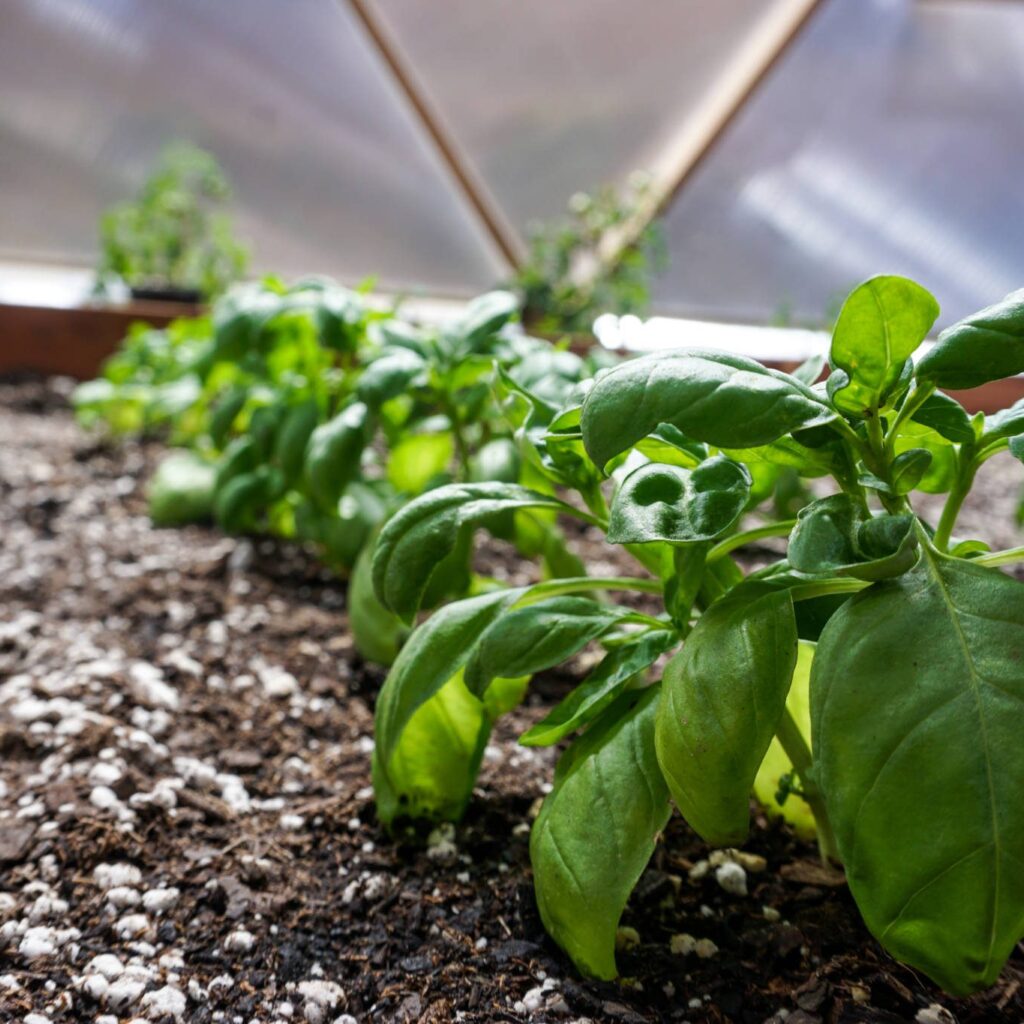
According to recent data, India produces over 1.2 million metric tons of basil annually, making it the largest producer by a significant margin. Other top producers include:
- Indonesia: Approximately 200,000 metric tons
- Egypt: Around 150,000 metric tons
- Thailand: About 120,000 metric tons
- Italy: Close to 100,000 metric tons
These figures highlight the global importance of basil cultivation and the varying scales of production across different countries.
Challenges in Basil Production
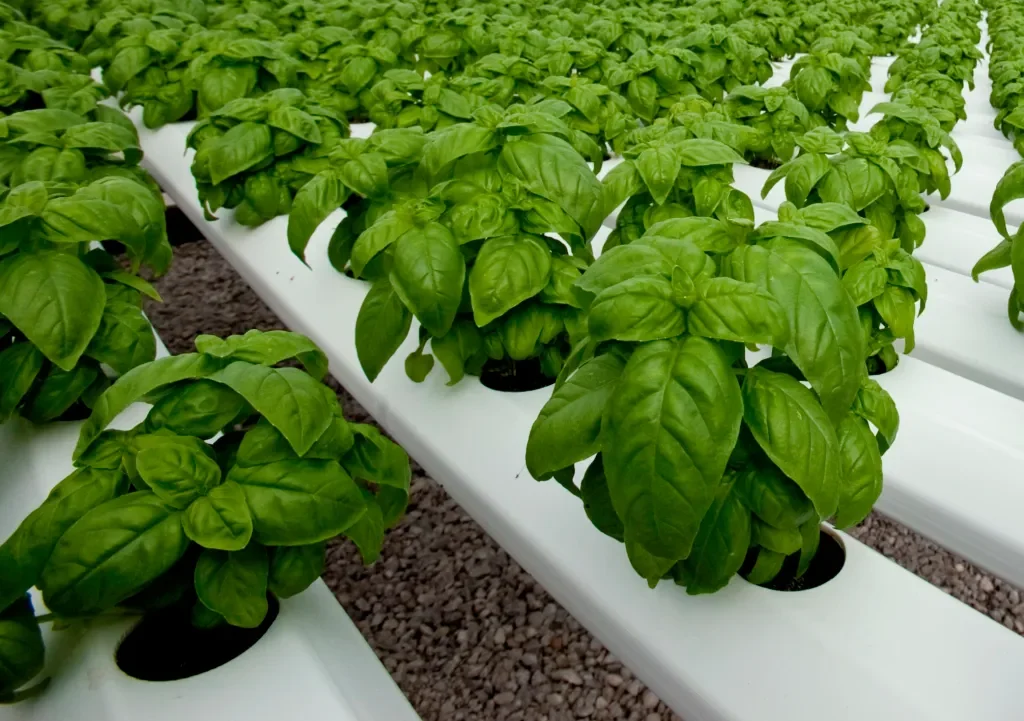
Despite its widespread cultivation, basil production faces several challenges:
- Climate Sensitivity: Basil is sensitive to extreme weather conditions, including drought and frost, which can adversely affect yields.
- Pests and Diseases: Basil is susceptible to pests like aphids and diseases such as downy mildew, which can damage crops.
- Market Fluctuations: The demand for basil can be volatile, influenced by factors like changing consumer preferences and economic conditions.
Addressing these challenges requires research into disease-resistant varieties, improved agricultural practices, and better market forecasting.
Future Prospects
The global demand for basil is expected to continue growing, driven by its culinary popularity and the expanding use of basil-derived products in the pharmaceutical and cosmetic industries. To meet this demand, countries like India are focusing on:
- Research and Development: Investing in the development of high-yield, disease-resistant basil varieties.
- Sustainable Farming Practices: Promoting organic and sustainable farming techniques to ensure long-term production.
- Export Expansion: Exploring new international markets to increase basil exports.
Conclusion
India’s position as the largest basil producer underscores the herb’s cultural, economic, and agricultural significance in the country. While other nations also contribute to global basil production, India’s dominance is unparalleled. As the demand for basil continues to rise, the country’s commitment to innovation and sustainability will be crucial in maintaining its leadership in the global basil market.




Leave A Comment